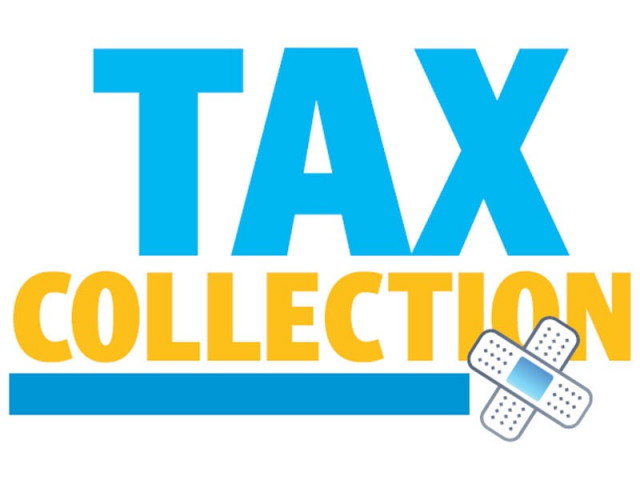Improving revenue collection: Pakistan, WB negotiating second reform programme
$300 million project loan being discussed despite severe problems in the preceding programme.

Pakistan and the World Bank have been negotiating a $300 million (Rs 27 billion) loan for a second round of tax reforms as the first programme is going to expire on December 31st on ‘moderately satisfactory’ note.
The negotiations for the second programme are at a preliminary stage. Both sides have been focused on determining how the programme may be designed to efficiently broaden Pakistan’s tax base and raise revenues. The country currently has one of the lowest tax-to-GDP ratios in the region, said officials in the economic affairs division of the finance ministry.
According to the World Bank report, Pakistan’s ratio of tax collection as percentage of total size of the economy plunged to 8.6% during the fiscal year that ended June 30, 2011, lower even than the 9.4% recorded in fiscal year 2010. As a result of such low tax collection rates, the government relies heavily on international lenders, the domestic banking sector and even just simply printing the money.
Federal Board of Revenue Chairman Salman Siddique confirmed that the government was negotiating with the Washington-based lender but added that the cost of the loan had yet to be determined. The programme is expected to last at least three years.
In 2004, the World Bank approved the first Tax Administration Reforms Project (TARP), worth about $126 million, aimed at improving the effectiveness of Pakistan’s tax collection authorities. The project never stayed on course and the government had to seek a two-year extension in December 2009, which expires at the end of this month.
Despite the extension, the government has not been able to achieve many of the programme’s objectives. In its latest implementation and status report, the World Bank said “TARP implementation lags behind the intended achievements against the project objective of improving effectiveness of the tax administration.” The project was awarded a ‘moderately satisfactory’ rating.
Of the $126 million allocated for the project, the World Bank ended up cancelling about $49.2 million entirely and did not disburse another $17.5 million owing to delays in TARP’s implementation. Only about $59 million was disbursed, 53% lower than the original amount. There have been reports that the FBR misused TARP funds to procure furniture and cars for its officials.
Siddique explained that while TARP did not meet its targets in technological improvements, it did meet its infrastructure development targets.
In its report, the World Bank said FBR headquarters lacks an adequate coordination mechanism to oversee the operations of its field offices.
Nonetheless, there were at least some minor improvements in the government’s tax collection efforts. The total number of active tax payers increased by 6.2% to 3.2 million during fiscal year 2011. The number of people filing income tax returns jumped 27%, while the ratio of people filing electronic sales tax returns increased 6%.
The fiscal impact of all of these efforts, however, was all but obliterated by the devastating floods that have hit the country during the summer of 2010 and 2011. For fiscal year 2011, the government was not able to meet its downward-revised target of Rs1,588 billion.
As a result, the government resorted to borrowing from the commercial banking system, all but completely crowding out the private sector’s ability to borrow money. According to the State Bank of Pakistan’s annual report, government borrowing increased by 76% in fiscal 2011, compared to only a 4% increase in private sector borrowing.
Published in The Express Tribune, December 29th, 2011.



















COMMENTS
Comments are moderated and generally will be posted if they are on-topic and not abusive.
For more information, please see our Comments FAQ